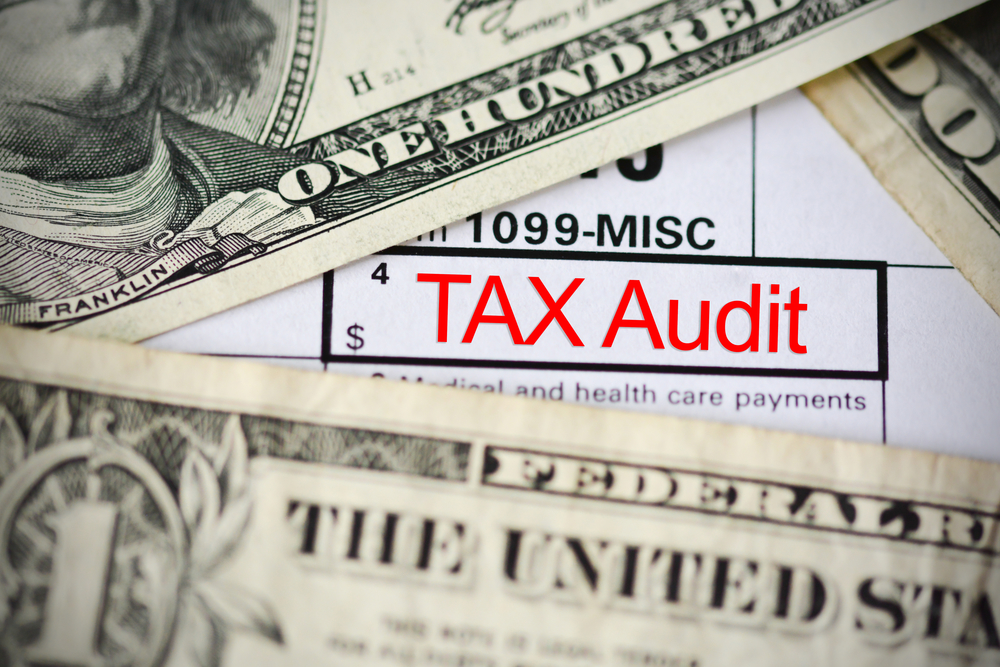Topics around tax include a wide array of segments; one of which includes sales tax. For those who may be unfamiliar with the definition of sales tax, sales tax audit is the examination of a company’s financial documents by a government’s tax agency to verify if the proper amount of sales tax has been remitted to the proper authority.
Use tax, by definition, is a tax on the “storage, use, or consumption of a taxable item or service on which no sales tax has been paid.” It stands as a complementary tax if the sales tax was not charged in a given transaction. Furthermore, there are two versions of use taxes – Consumer Use Tax and Retailer Use Tax. Consumer Use Tax is a tax on the buyer on taxable items purchased in the circumstances where the vendor did not collect either a sales or vendor use tax. Retailer Use Tax applies to purchases completed by a vendor to a customer located outside the vendor’s state or sales between states if the vendor is legally registered in the state of delivery. For example, if the purchase was made online in California but the vendor’s state is New York, then Retailer Use Tax applies. So when does the IRS come into the picture?
In this scenario, the proper authority is either the federal government in the form of the IRS, or your local state government. Regardless, it is imperative to note that whatever you do not know may play against you, and that avoiding sales tax may result in an IRS Audit. An audit from the IRS can feel uncomfortable, induce anxiety, and often leads to a legal dispute. To avoid legal disputes, tax audit firms help those in need to provide the essential documents. So, what really is the objective of the IRS in this case?
The objective of the IRS is to maintain transparency between the government and its citizens. All citizens must file and document their tax returns. Therefore, IRS agents search for underreported sales and use taxes, which results in auditors contacting taxpayers in regards to any suspicious, or simply unclear activities within their documents. There are various forms of contact from the IRS. Such being: written notifications, or visits to your business or home location. Regardless the form of contact, the IRS is searching for information that may be insufficient in their eyes.
Failure to submit the proper documentation in taxes may result to fees and penalties that substantially stresses on a person’s financial state. Avoid penalties and fees by staying prepared, or starting preparation as soon as possible. We highly recommend speaking with a professional.
Some Tips
For your convenience, here are a few tips to learn how you can avoid tax problems and manage your sales and use tax audit:
The following are a few practices that IRS Audit Group recommends:
- If you do receive a notification from the IRS, make sure to check the Official IRS Governmental Page to research on your own free time.
- Consult with a sales tax expert, CPA, or other external representative when audited by the IRS. Even if you have not been notified by the IRS, it is important to regularly check on your status to make sure for your records. Speaking with an expert further helps the process by speaking about the audit process and elaborating on points that may need clarification.
- Prepare all necessary documents that you may need for your external representative to expedite the process if you have been notified by the IRS. If you have not been notified by the IRS, it is still safe practice to have your documents prepared, organized, and filed.

